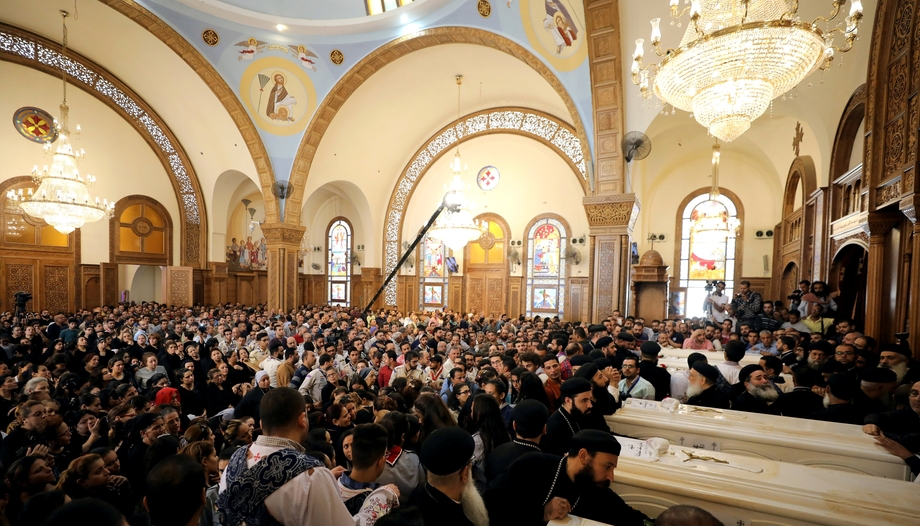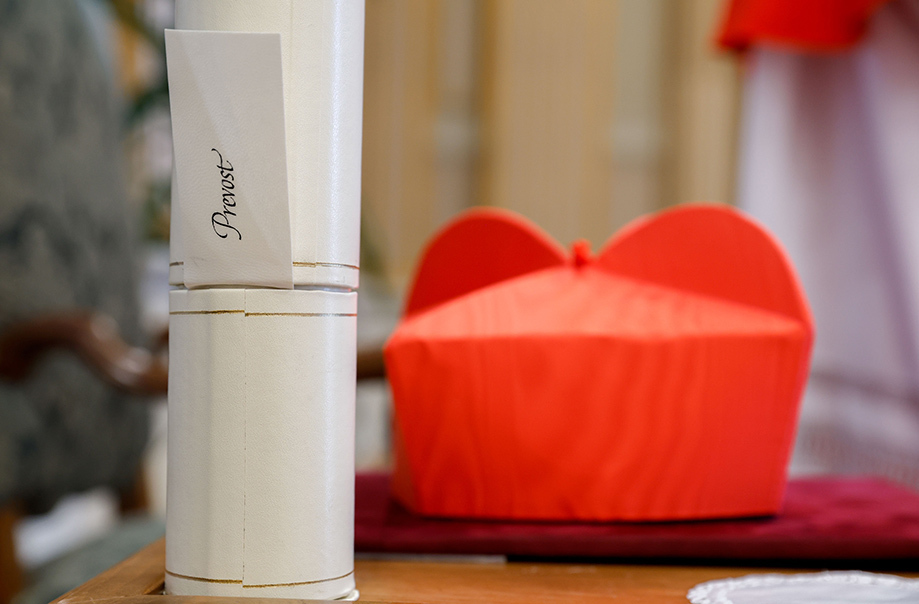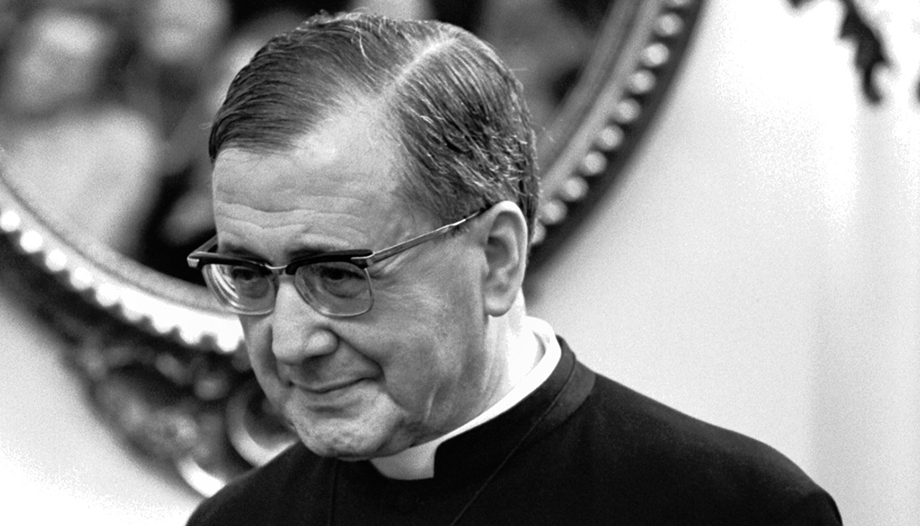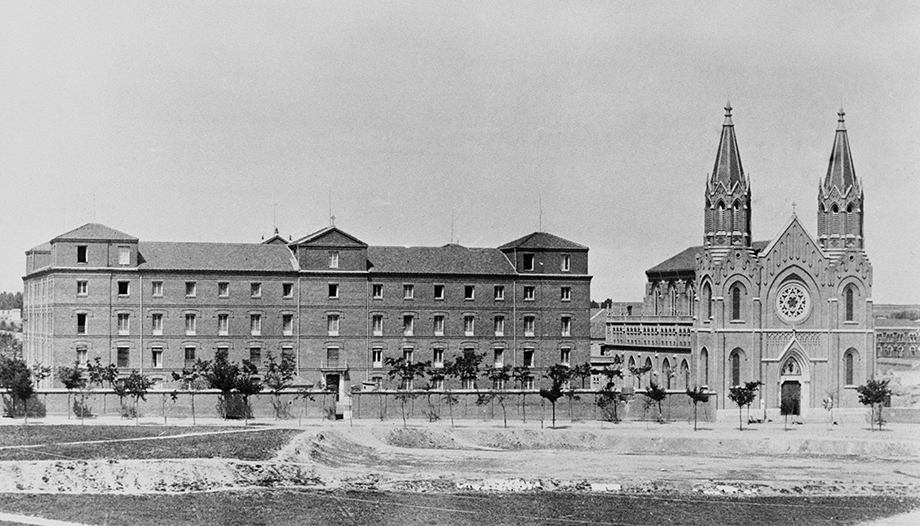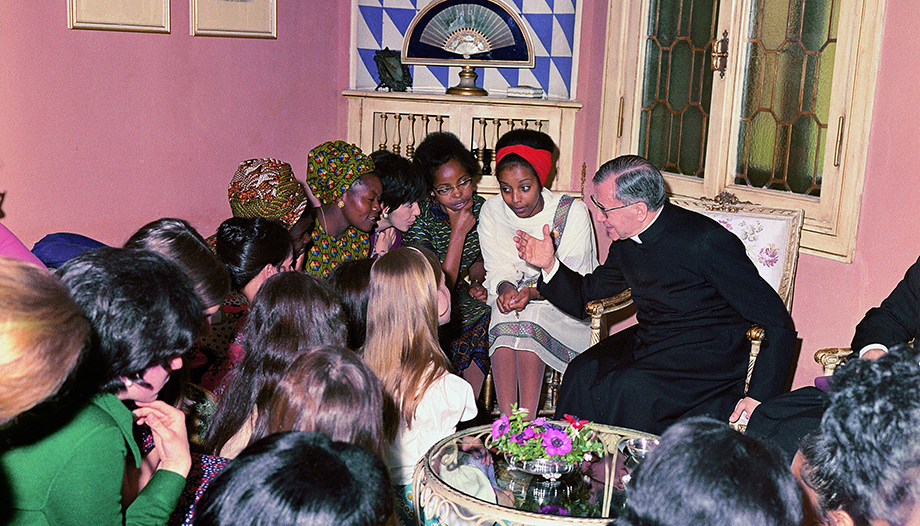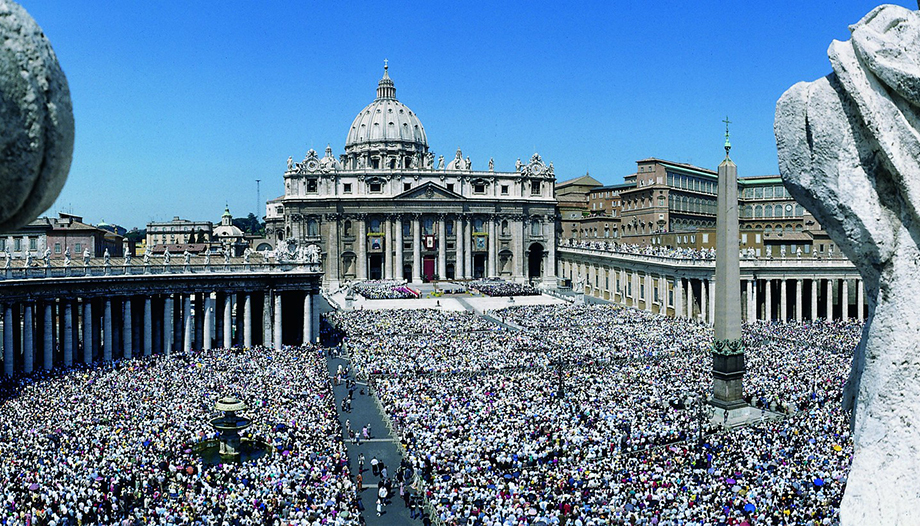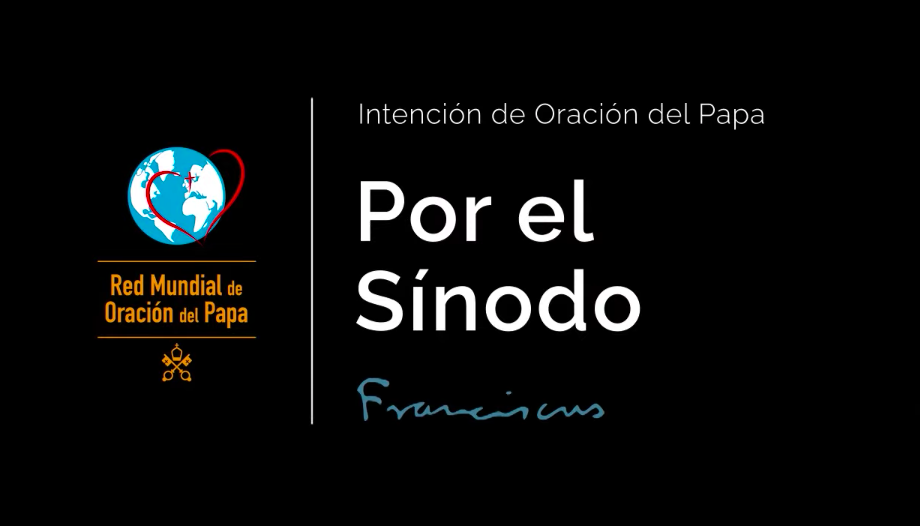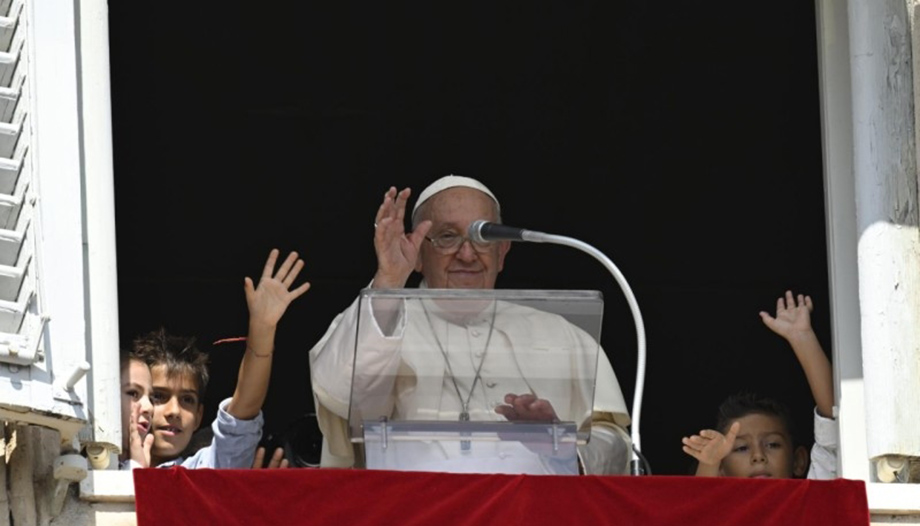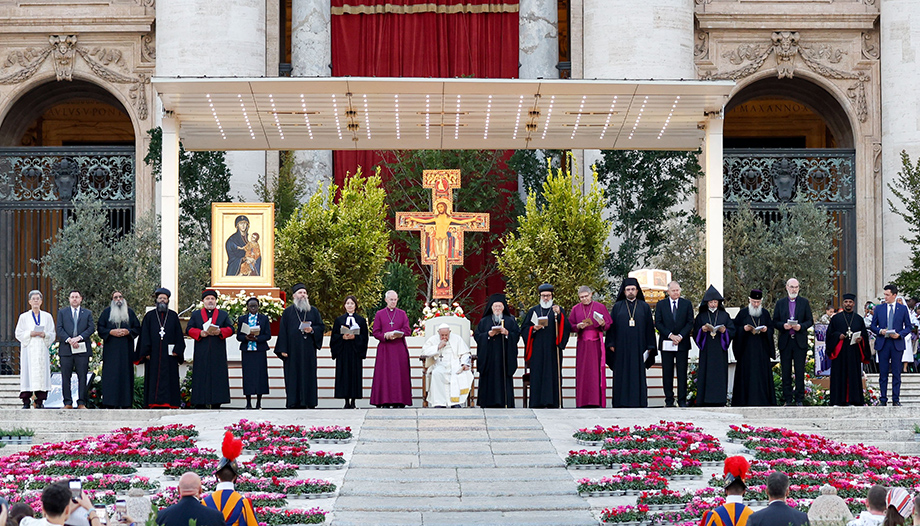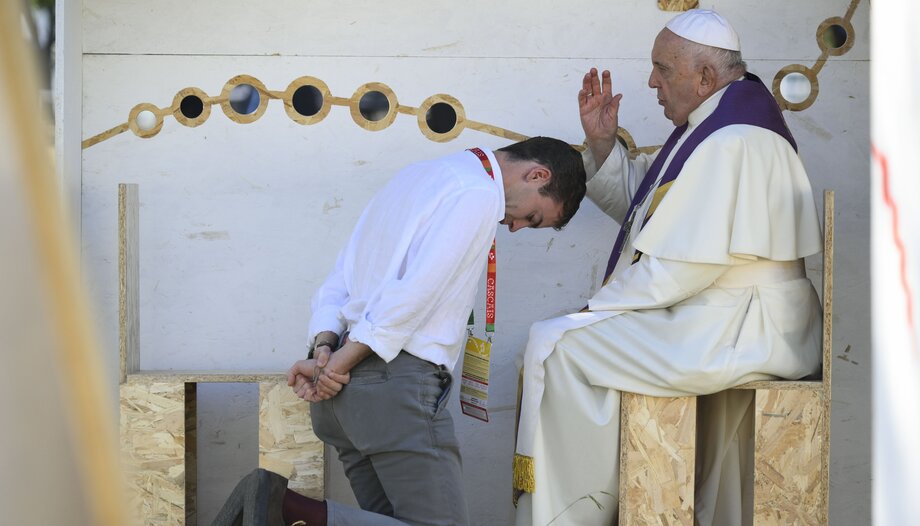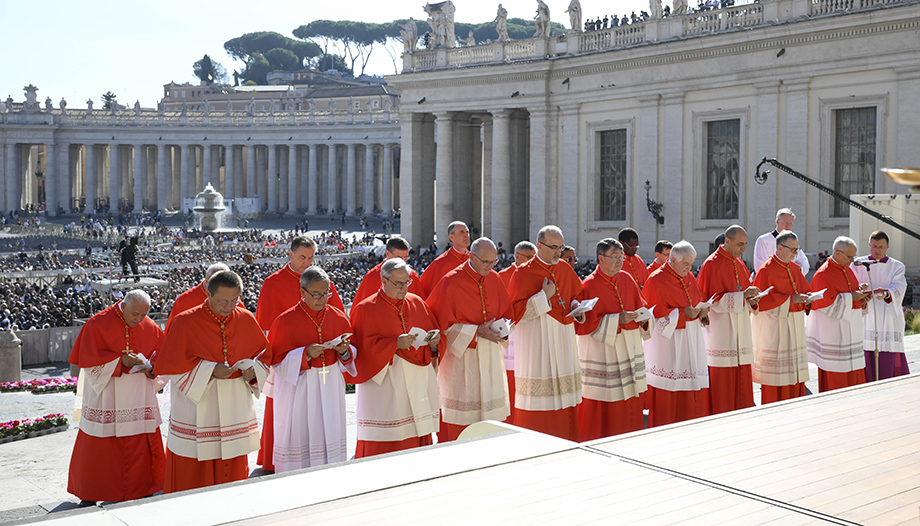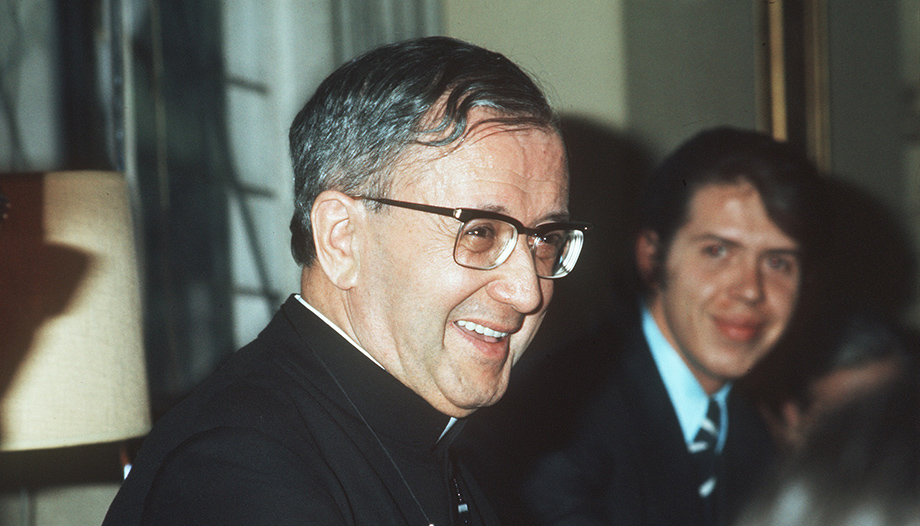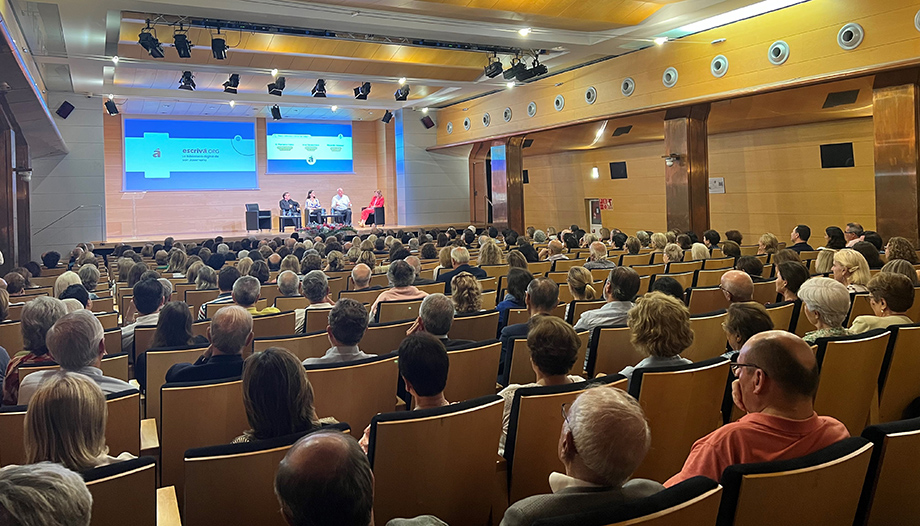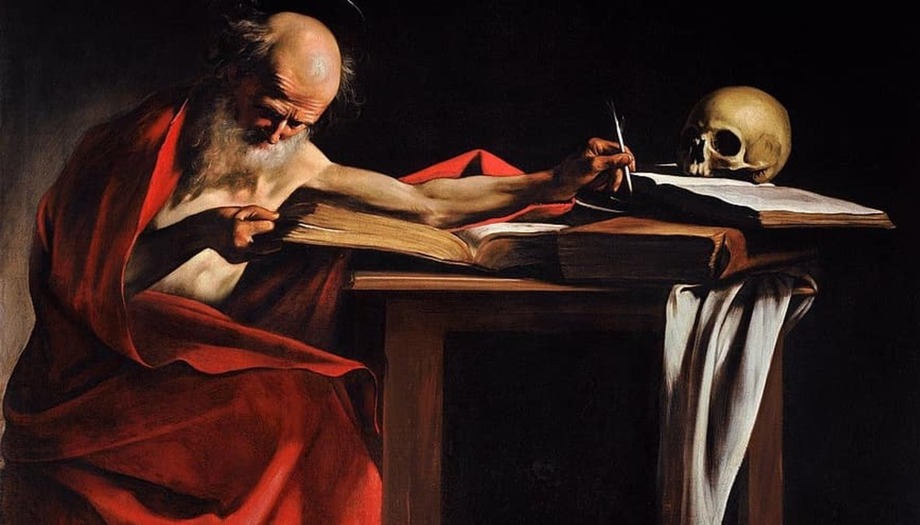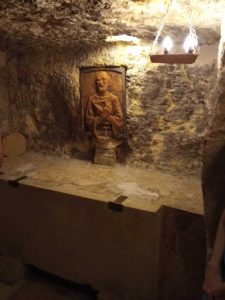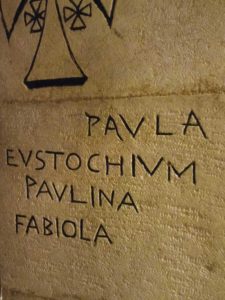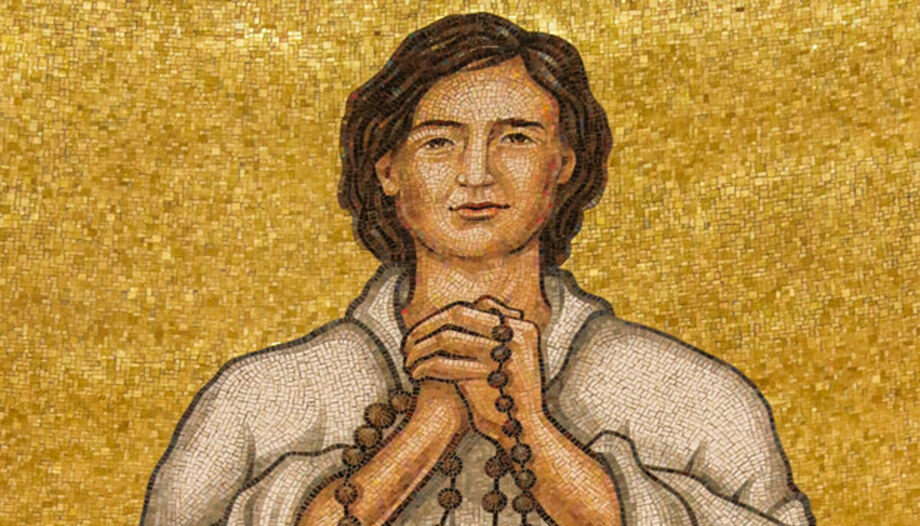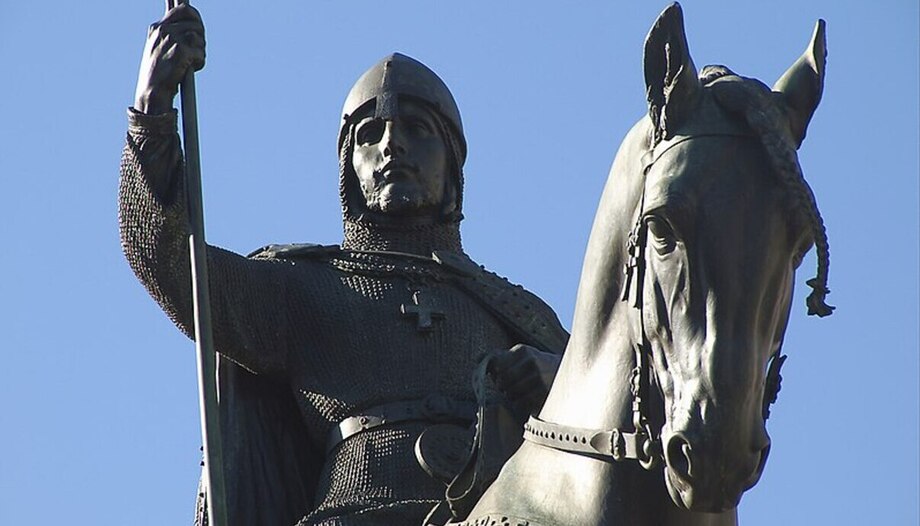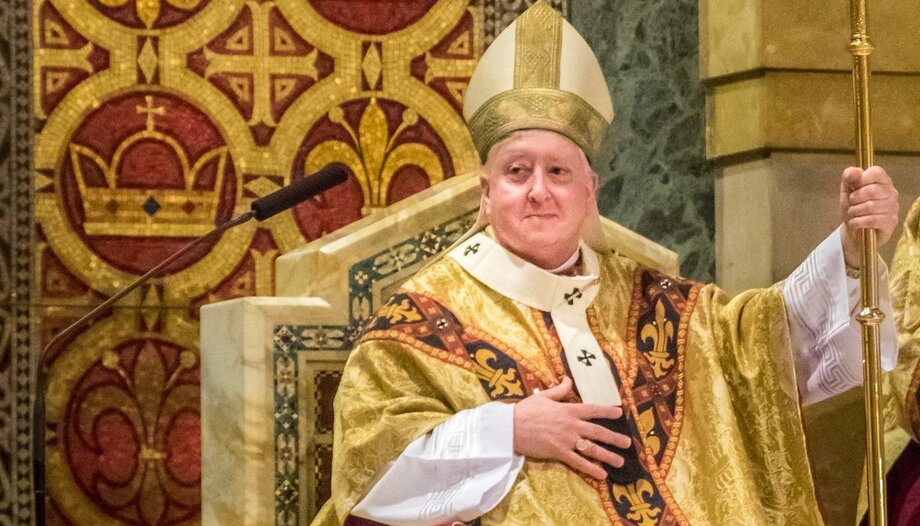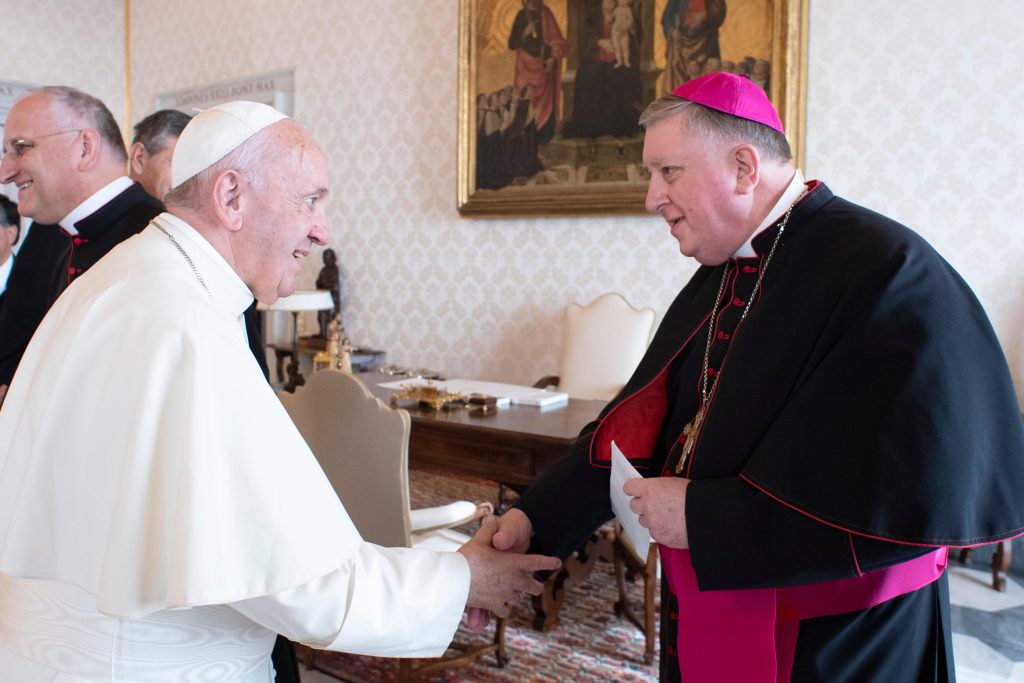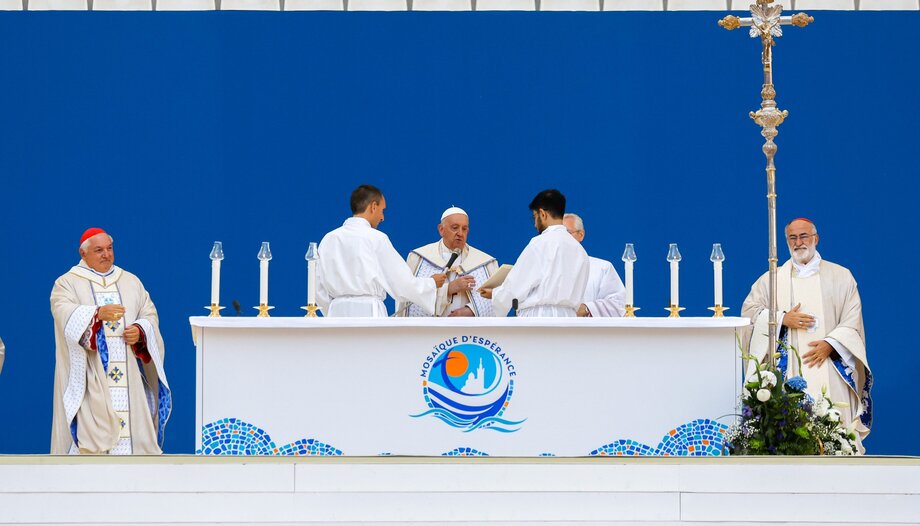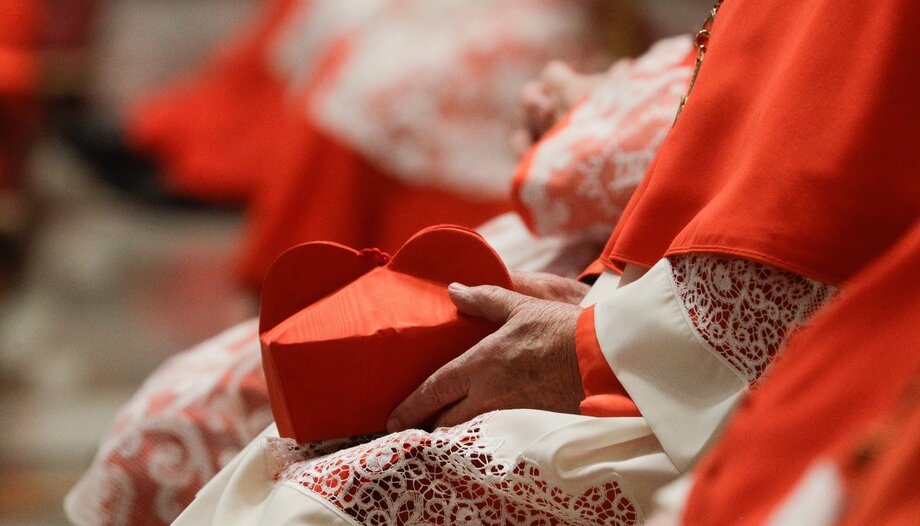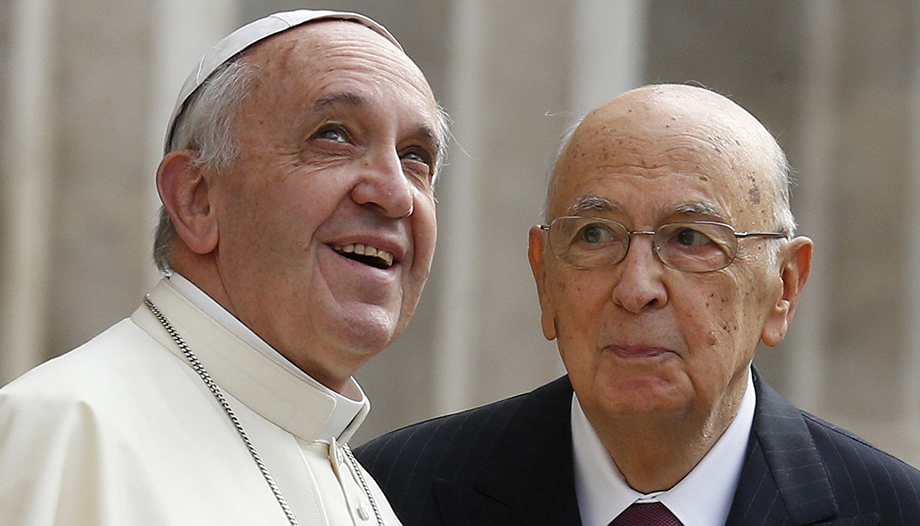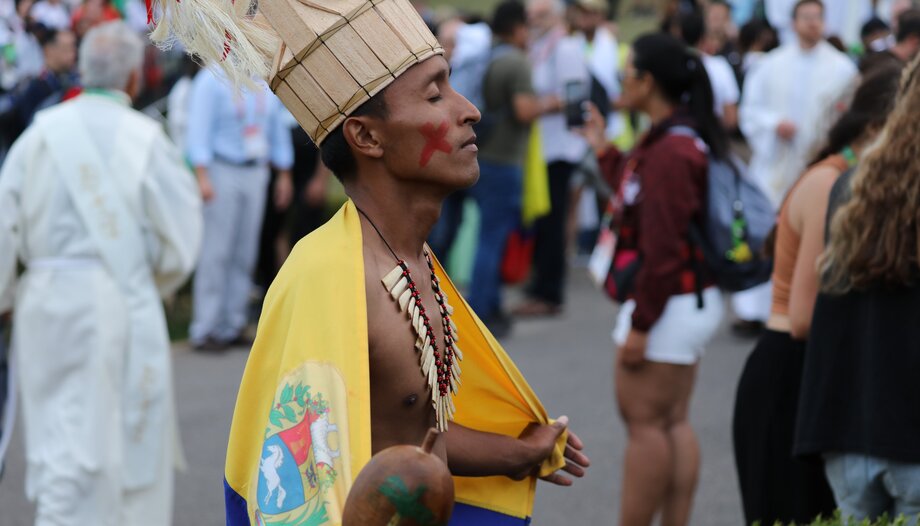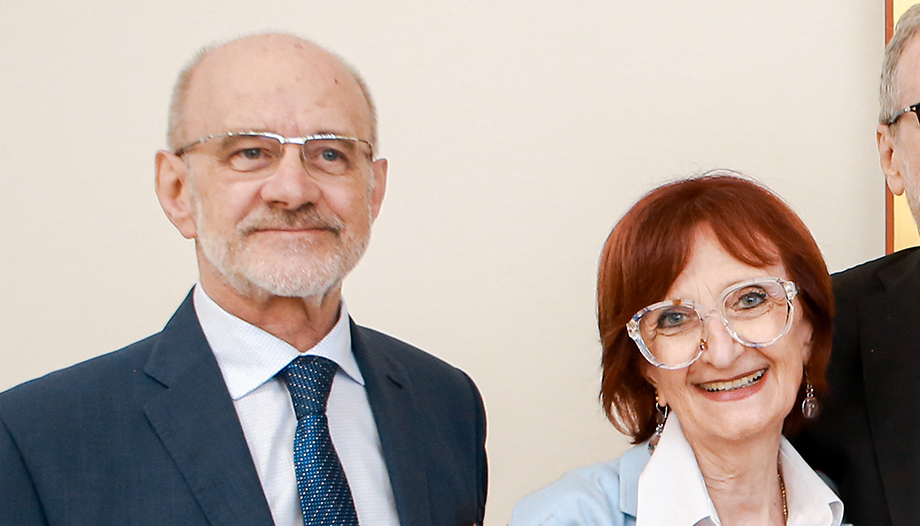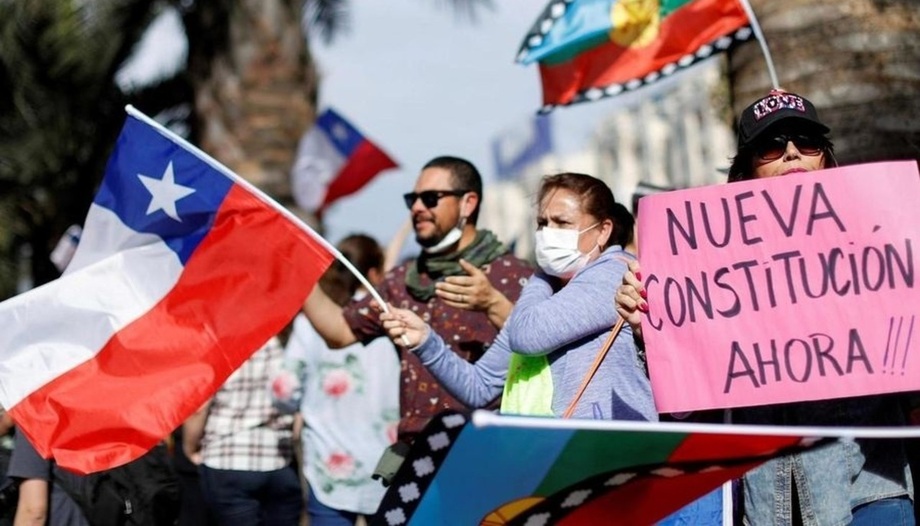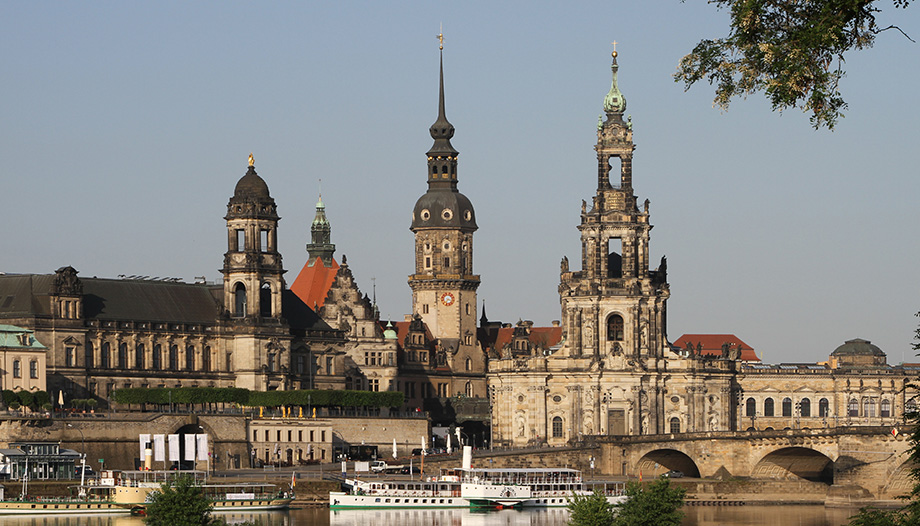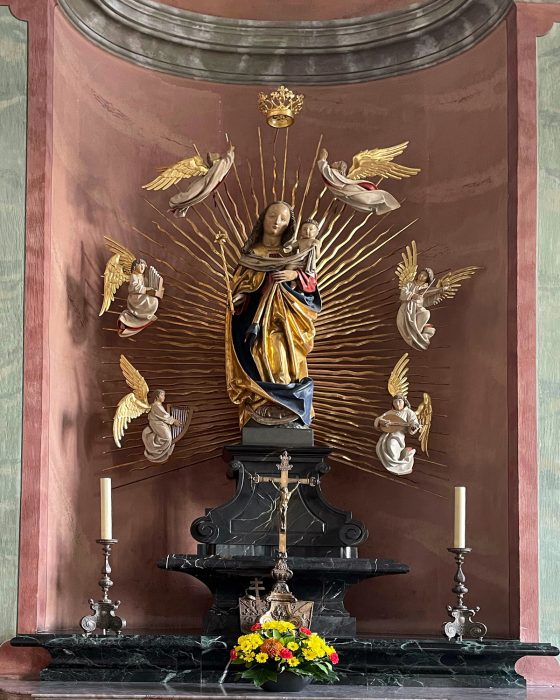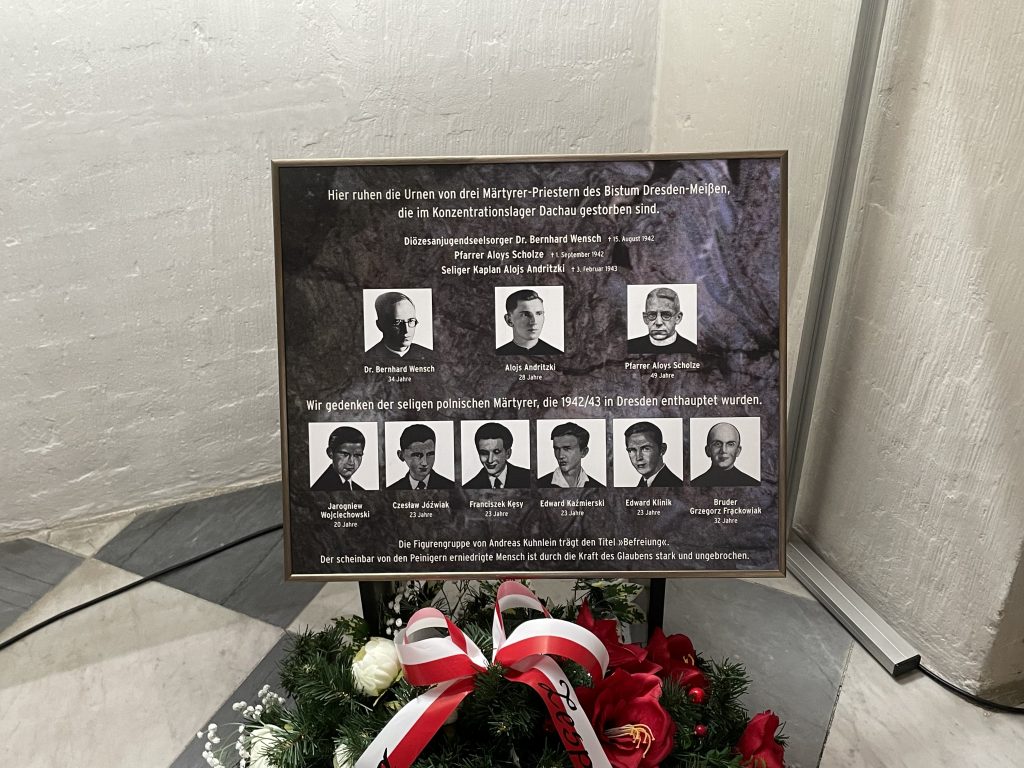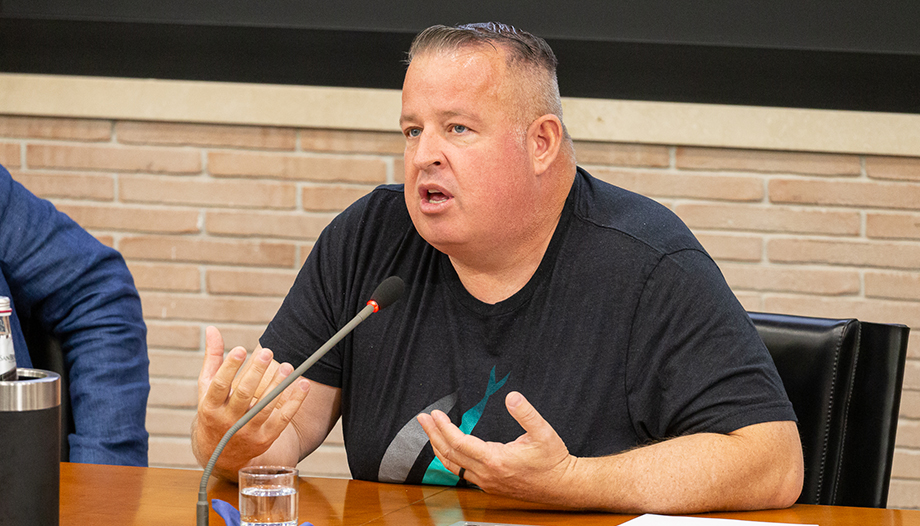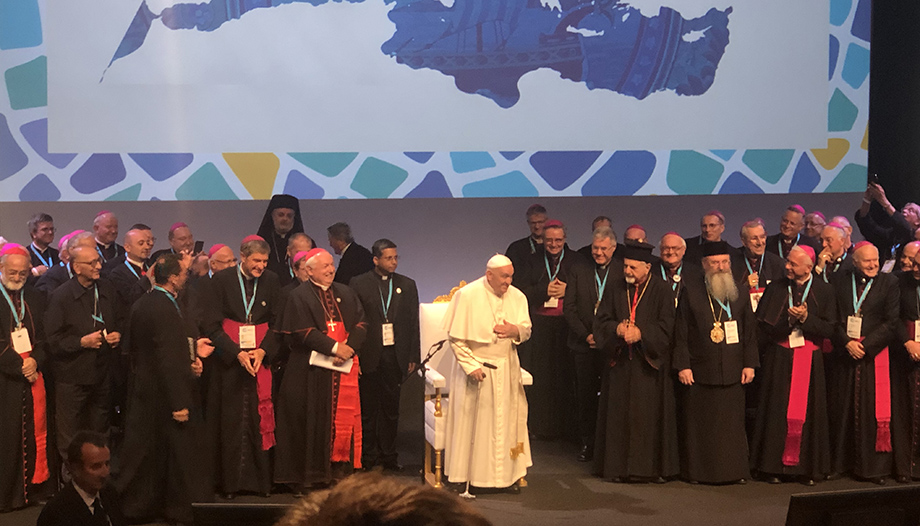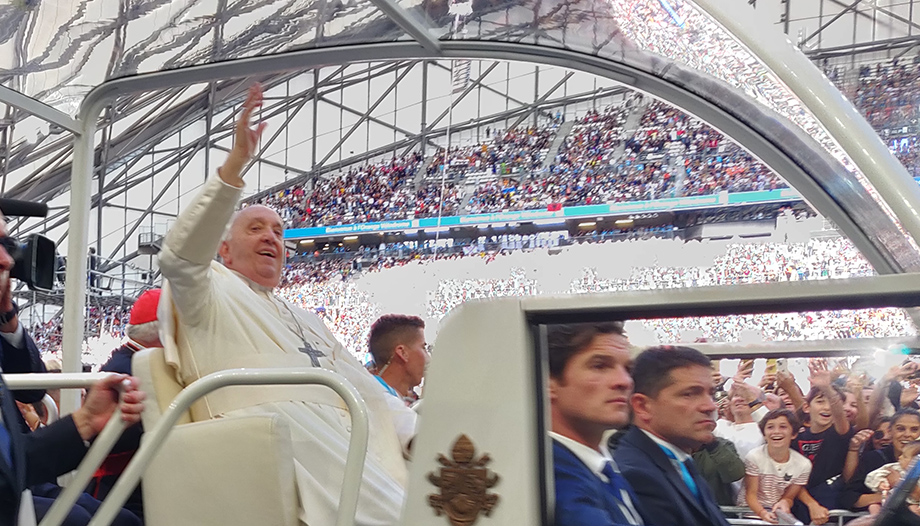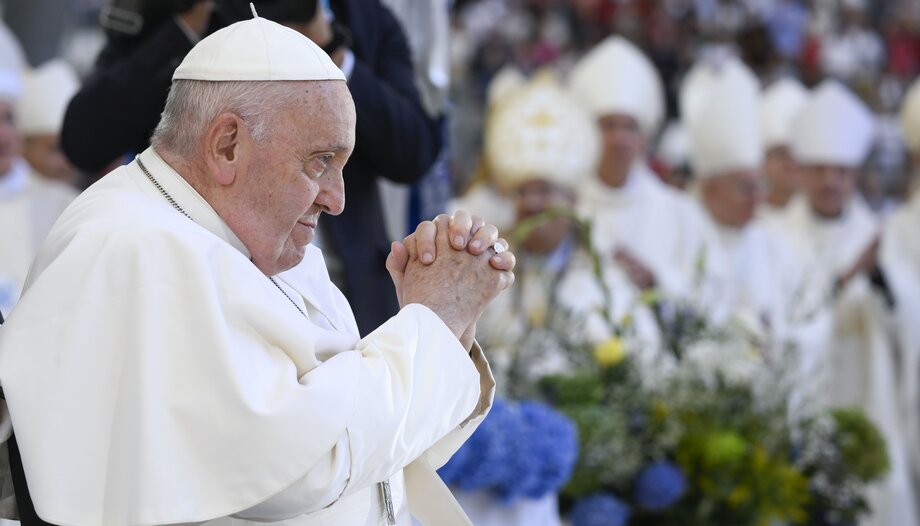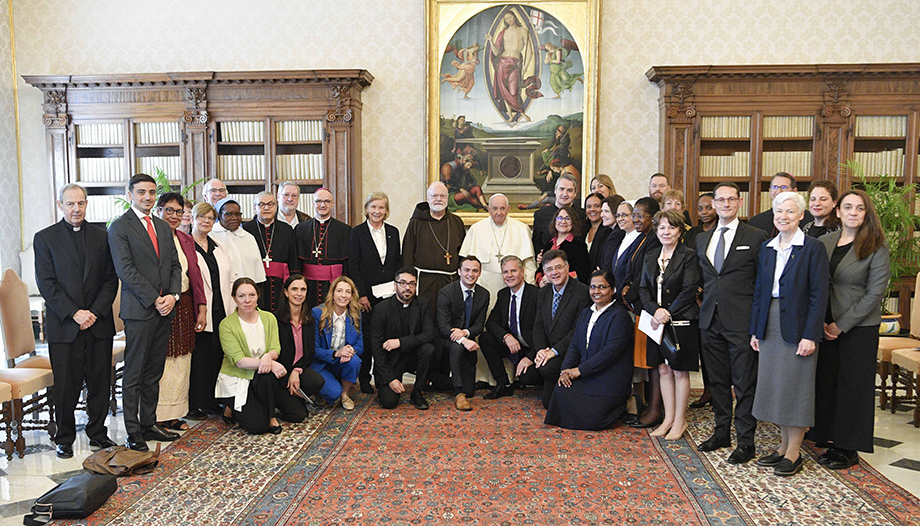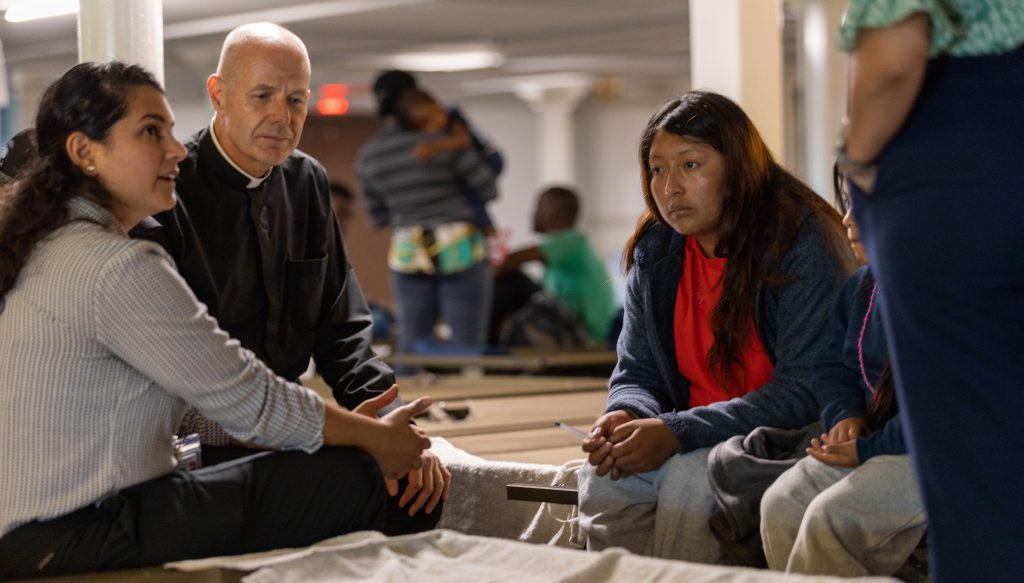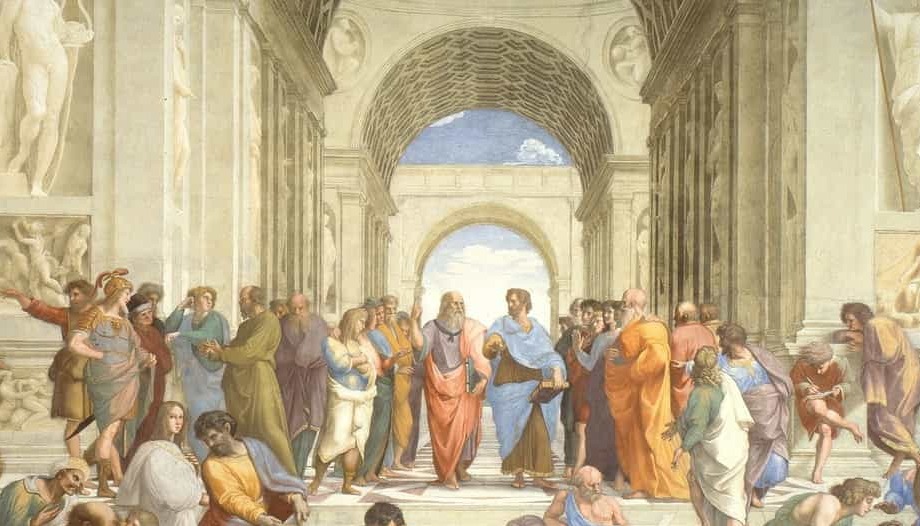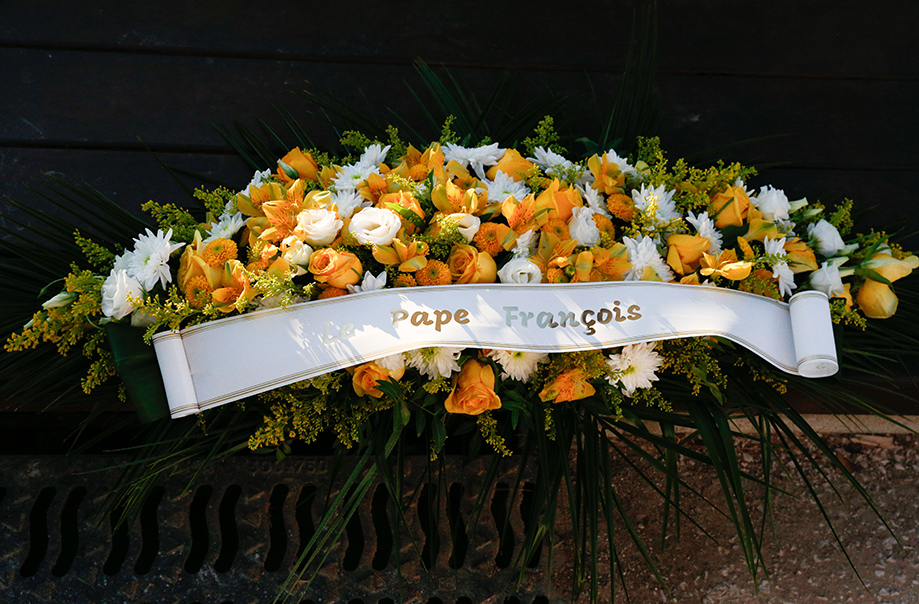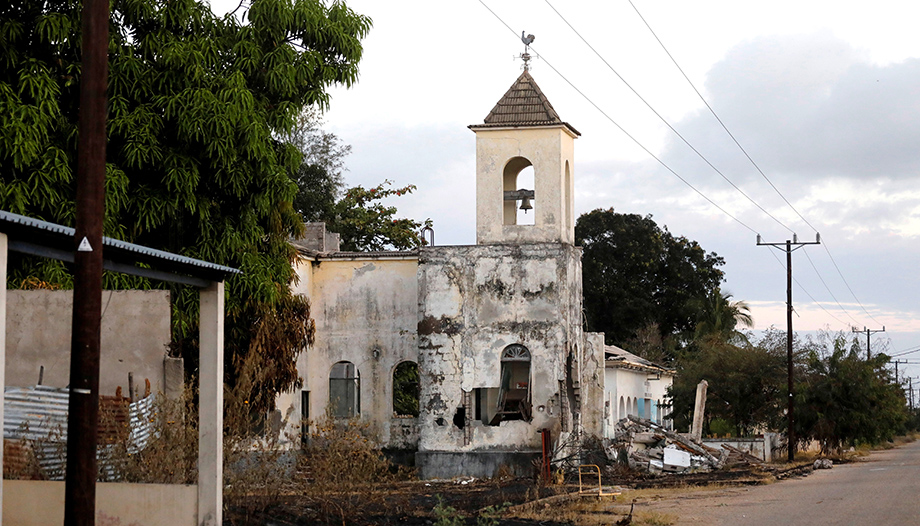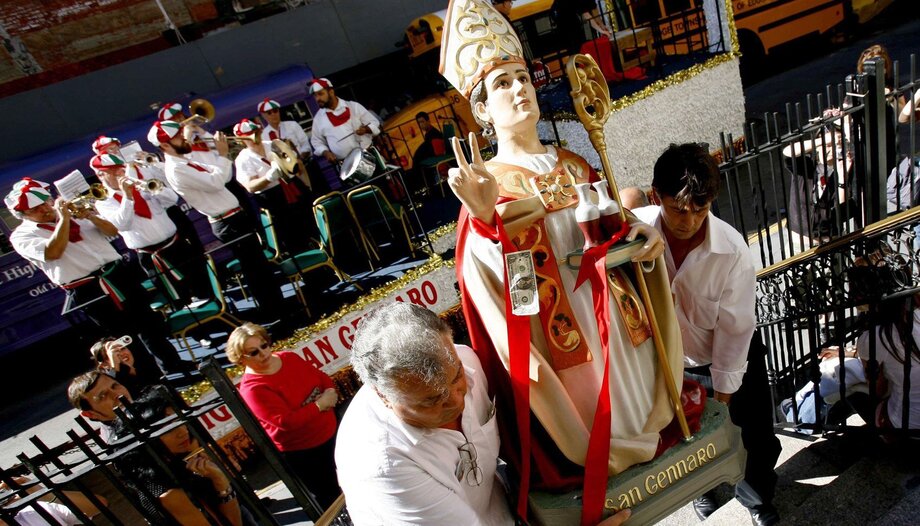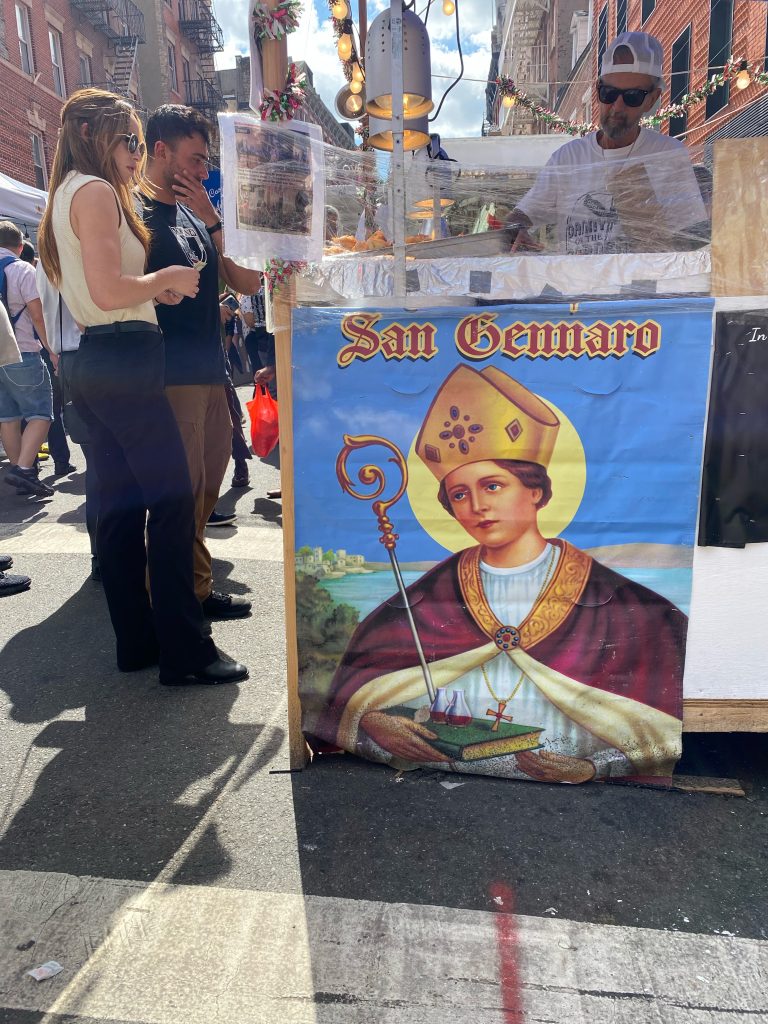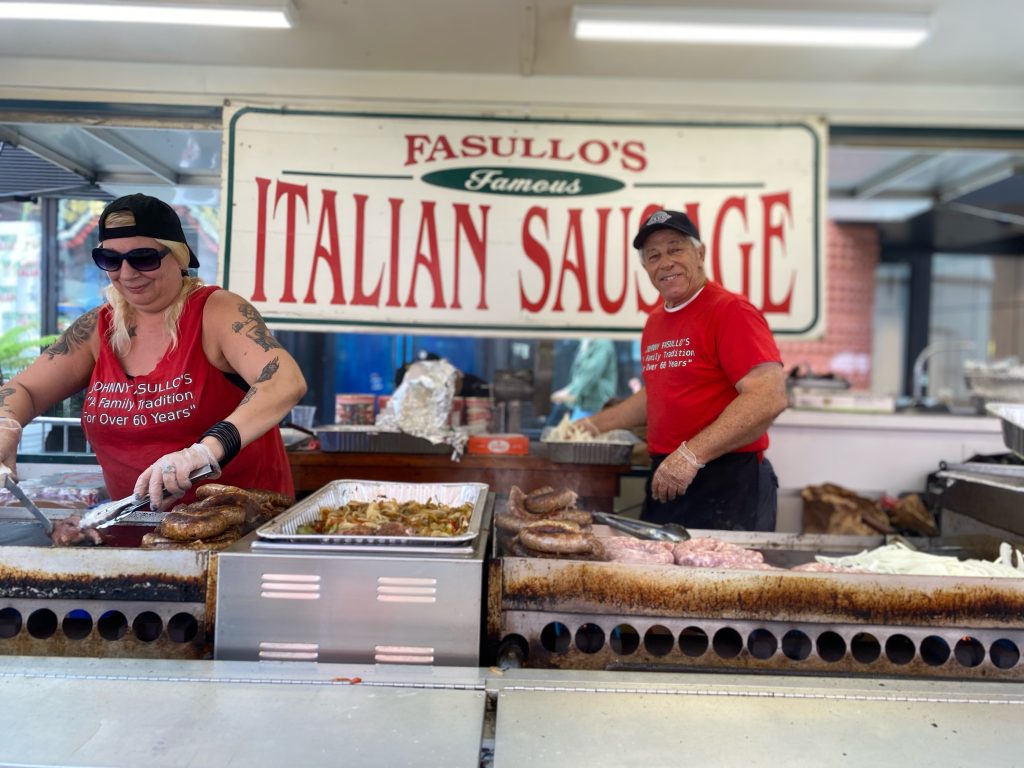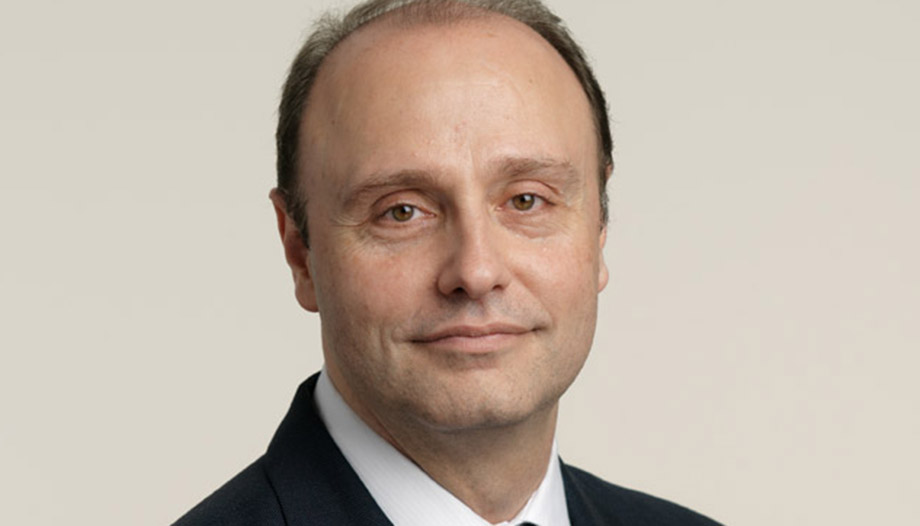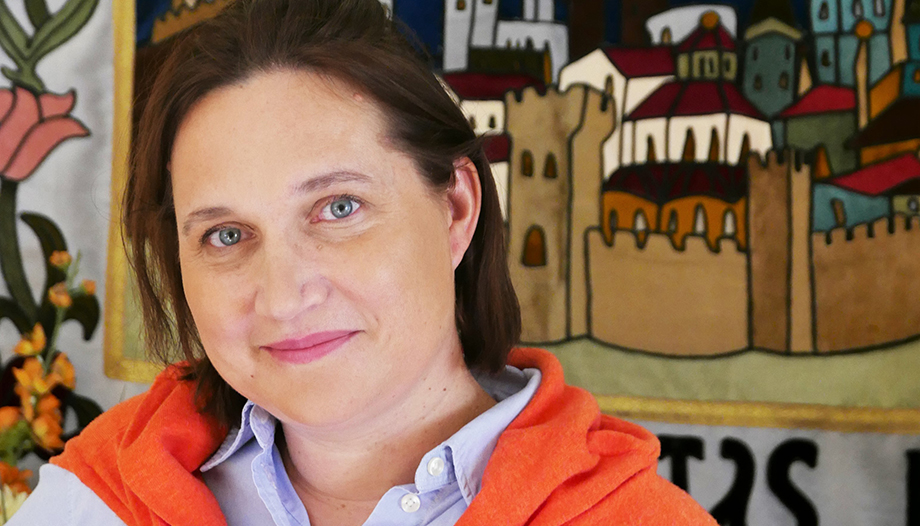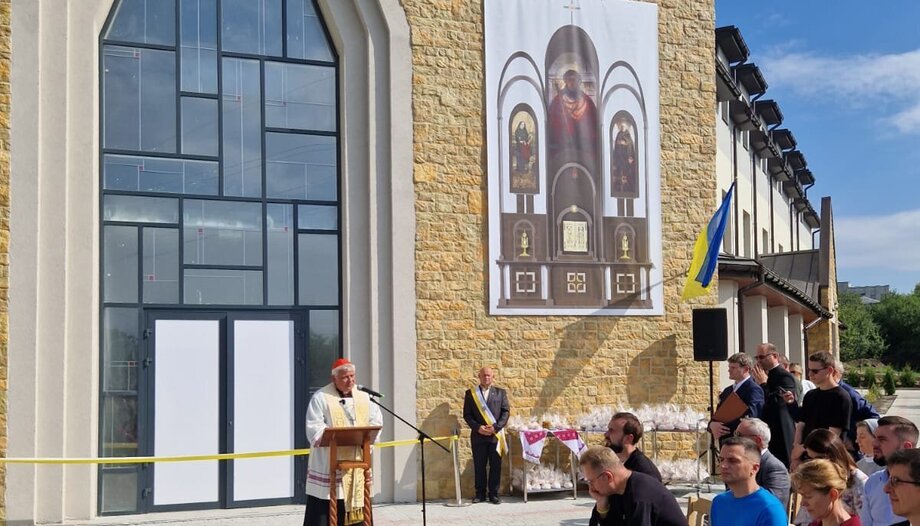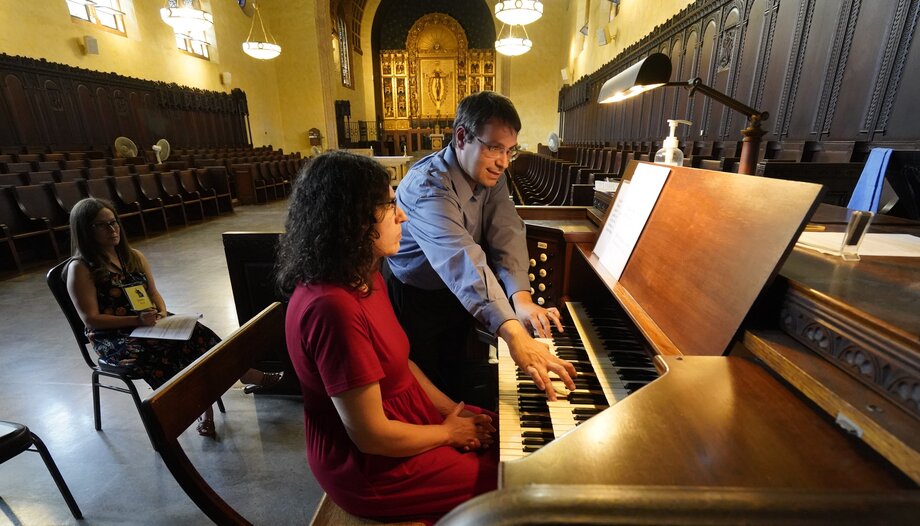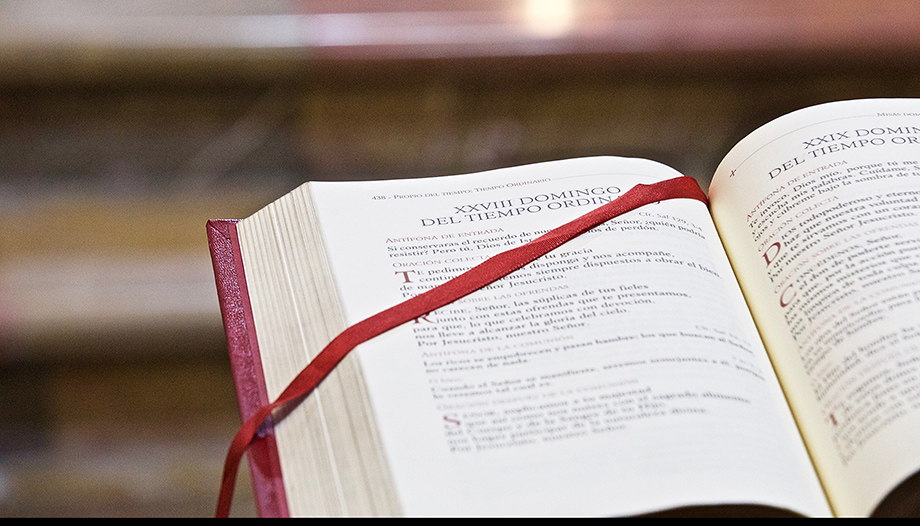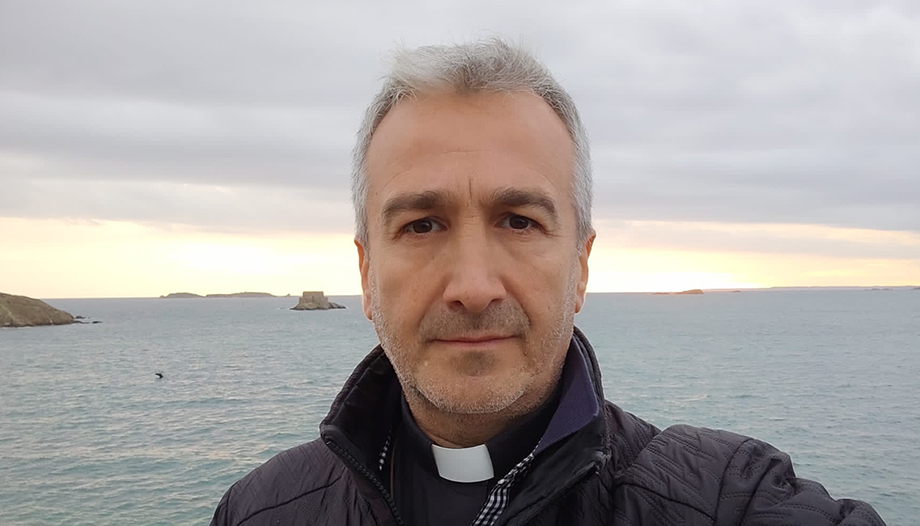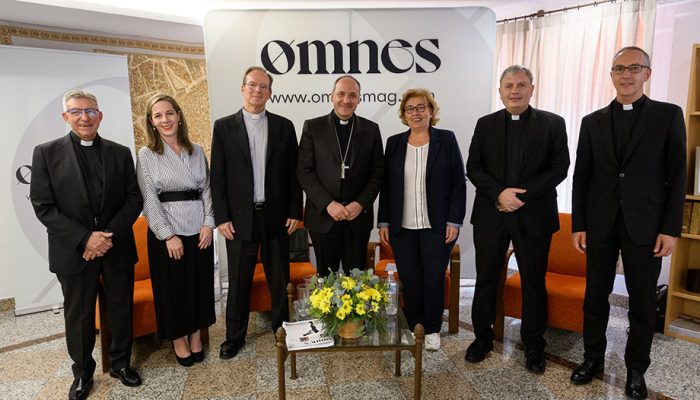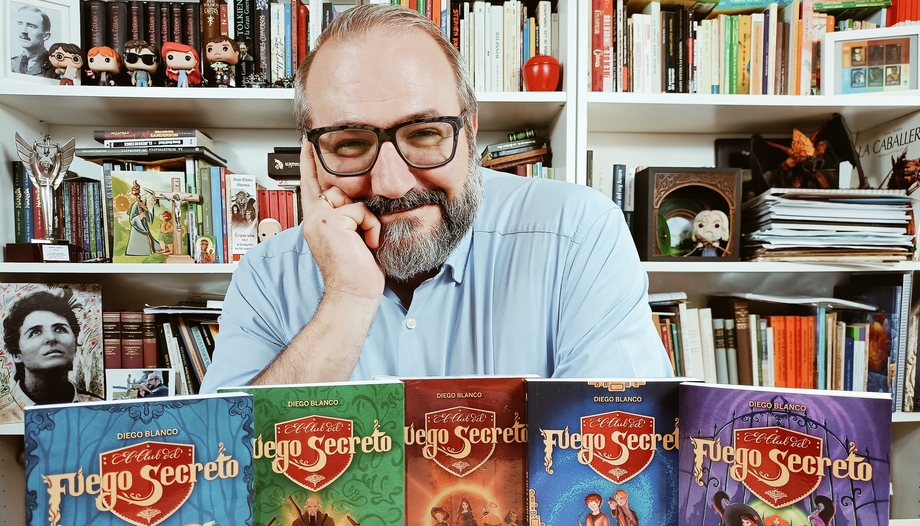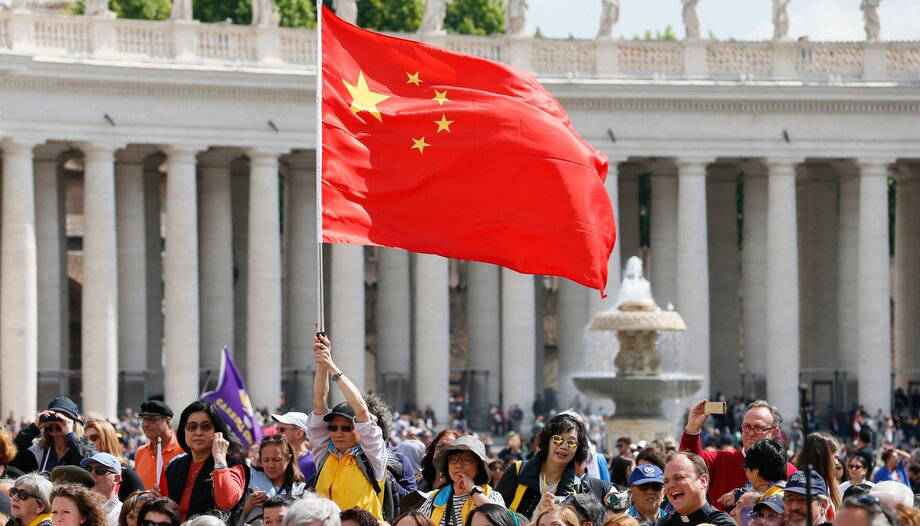 Tawadros II, Coptic Orthodox Patriarch of Alexandria in Rome with the Pope
Tawadros II, Coptic Orthodox Patriarch of Alexandria in Rome with the Pope 21 Libyan martyrs to be recognized by the Catholic Church
21 Libyan martyrs to be recognized by the Catholic Church Copts: soul of Egypt
Copts: soul of EgyptIn his 1936 book The Great Heresies, Hilaire BellocThe famous English writer and intellectual, a friend of the equally illustrious Gilbert Keith Chesterton, identifies five great heresies of Christianity which, according to his analysis, have produced some complex phenomena in the history of mankind.
The reasons for a conversion
Well, Islam is one of the five heresies identified by Belloc, who defines heresy as a phenomenon that has the characteristic of destroying not the whole structure of a truth, but only a part of it and, by extrapolating a component, leaves a void in that structure or replaces the extrapolated component with another axiom.
Following in the footsteps of Christian authors such as John Damascene, Belloc maintains that Islam is a Christian heresy, similar, on the one hand, to Docetism and Arianism, in wanting to simplify and rationalize as much as possible, according to human criteria, the unfathomable mystery of the Incarnation, and, on the other hand, to Calvinism, in attributing to human actions a character determined by God.
In fact, Islam extrapolated from Judeo-Christian thought the attributes of God and other concepts: personal nature; supreme goodness; timelessness; providence; creative power as the origin of all things; existence of good spirits and angels, as well as demons rebelling against God headed by Satan; immortality of the soul and resurrection of the flesh; eternal life; and punishment and retribution after death.
However, unlike other heresies, Islam was not only not born in a Christian environment and its heresiarch was not a baptized Christian, but a pagan who adopted monotheistic ideas (a mixture of heterodox Jewish and Christian doctrine merged with pagan elements already present in Arabia) and began to spread them, but did not die out, on the contrary, it soon became a new religion, a kind of "post-heretic", and spread throughout the world.
According to Hilaire Belloc, the success of this heresy born of Muhammad can be explained by a few key elements:
-Deep doctrinal and political divisions among Christians (we have already discussed this in relation to the pre- and post-Chalcedonian conflicts);
-Extreme simplification of doctrine and elimination of mysteries incomprehensible to the mass of believers;
-Economic, political and religious crisis in the Christian world and in the Byzantine Empire, whose society was in a state of perpetual disorder and intolerance. On the free men, already suffocated by debts, weighed the heavy burden of taxes, and the imperial longa manus, with its expanding bureaucracy, was raging not only economically with the life of the citizens, but also in matters of faith, with the contrasts between the various peripheral heresies and the central orthodoxy representing not only a religious struggle, but also an ethnic, cultural and linguistic one;
-The tendency of the entire East to unite under a single powerful charismatic leader who embodied both political power and religious authority;
-The military force grew gradually, thanks mainly to the recruitment of new forces among the Mongols of Central and Central Asia (the Turks);
-Fiscal advantages for those who capitulated (and could, therefore, free themselves from the oppressive Byzantine yoke), together with a much simpler and simpler taxation system.
The above are just some of the elements, albeit the main ones, that help to explain why a large part of the Egyptian population (and of other Mediterranean regions where Christianity was the religion of the vast majority of citizens) has become Arabized and Islamized.
The Copts yesterday and today in Egypt: a persecuted minority
Initially, the Arab-Islamic conquest seemed positive for the CoptsIt freed them from Byzantine persecution and allowed them to preserve their worship and traditions.
However, the heavy taxation imposed by the Muslims on those who refused to convert to Islam (taxes called "jiziah" and "kharaj", reserved for "dhimmi", i.e. minority citizens) led to a hardening of the living conditions of non-Muslim citizens, who had to provide money and food to the occupation troops in exchange for exemption from compulsory military service and the right to observe their religion, albeit with numerous restrictions.
John of Nikiu, Coptic bishop, describes, in one of the few non-Muslim accounts of the Islamic conquest of Egypt, the incredible atrocities committed against the Christian population, harassed beyond belief.
Other Christian and Islamic chronicles also agree that a large number of Coptic Christians (whom the Islamic occupiers called "camels") converted to Islam to escape tribute and persecution, which led to large-scale extortions followed by famines, with the deaths of tens, if not hundreds of thousands of people.
Copts in the 19th and 20th centuries
From the 19th century, especially under the reformist government of the dynasty of Mehmet Ali Pasha, the Coptic community was exempted from taxes reserved for minorities and became progressively integrated into national life, contributing significantly to the national intellectual and political awakening that would lead to independence. It was a true "golden age" for the Copts.
In fact, they became, at least de jure, full citizens of the State, although they are still excluded from the most important office, the presidency of the republic, which is the exclusive prerogative of Muslims. Several Copts, however, have managed to occupy important political positions at the national and international level, for example Boutros Ghali, and to attain an enviable status from the economic and social point of view, owning a large part of the country's wealth. Incidentally, they belong mostly to the middle class and constitute a large part of Egypt's white-collar workers, doctors and pharmacists.
In the mid-20th century, with the advent of the Nasser regime, the regime's nationalization policies hit the Christian community hard and provoked a mass exodus to the West.
Since the beginning of the 21st century, Egypt has witnessed an escalation of inter-ethnic and inter-religious conflicts, also due to political and economic instability and the rise and strengthening of Islamic fundamentalism and terrorism.
Although Coptic Christmas, celebrated on January 7, has been officially recognized as a national holiday by the Egyptian government since 2002, until 2005 the construction and renovation of churches and monasteries had to be authorized by the president. As the law stipulated that Christian places of worship were abandoned to neglect and disuse (as it was not possible to restore them, as permits were required which were systematically never granted), not infrequently churches and monasteries were requisitioned by the state and converted into mosques, and there are more and more "illegal" churches (despite being about 10% of the population, Christians in Egypt have only 2869 churches compared to 108,000 mosques). In 2016, Parliament passed new legislation in this regard, certainly more benign, but still somewhat cumbersome.
The Coptic community today
The attitude of the Egyptian authorities towards the Coptic community in recent years alternates between openness and indifference.
On the one hand, religious freedom is guaranteed by the Constitution, but on the other hand, there are more and more cases of violence and persecution. The most striking are, of course, the terrorist attacks against churches and places of worship, sometimes with dozens of victims per attack. Since 2011, hundreds of Egyptian Copts have been killed in sectarian clashes and many homes, churches and businesses have been destroyed. It must be said that these cases also witness a growing and positive closeness of institutions and citizens towards Christians, although often accompanied by ineffectiveness or indifference in preventing and punishing these acts.
Another sore point is religious freedom, especially when it comes to publicly professing one's faith or converting from Islam to Christianity. According to Human Rights Watch and other international organizations, in fact, in Egypt it is easy to convert from Christianity to Islam, but almost impossible to do the opposite, both because of the risk to the safety of the convert (who finds himself socially and economically stigmatized, in many cases losing his job and risking his life, often at the hands of family and friends) and because of the problems related to the legal recognition of the change of religion, which is opposed by the authorities despite being obligatory by law.
There is also the age-old problem of kidnapped Coptic women and girls, forced to convert to Islam and marry Muslim men: according to official estimates by US NGOs and parliamentary groups, between 2011 and March 2014, some 550 Coptic girls were kidnapped and forced to convert to Islam: about 40% of them were victims of sexual violence before their conversion and many later married their kidnappers and rapists.
In 2022, despite the pending approval of a new law on the personal statute of the Egyptian ChristiansEgypt was ranked the 35th most dangerous country in the world for Christians.
Writer, historian and expert on Middle Eastern history, politics and culture.





